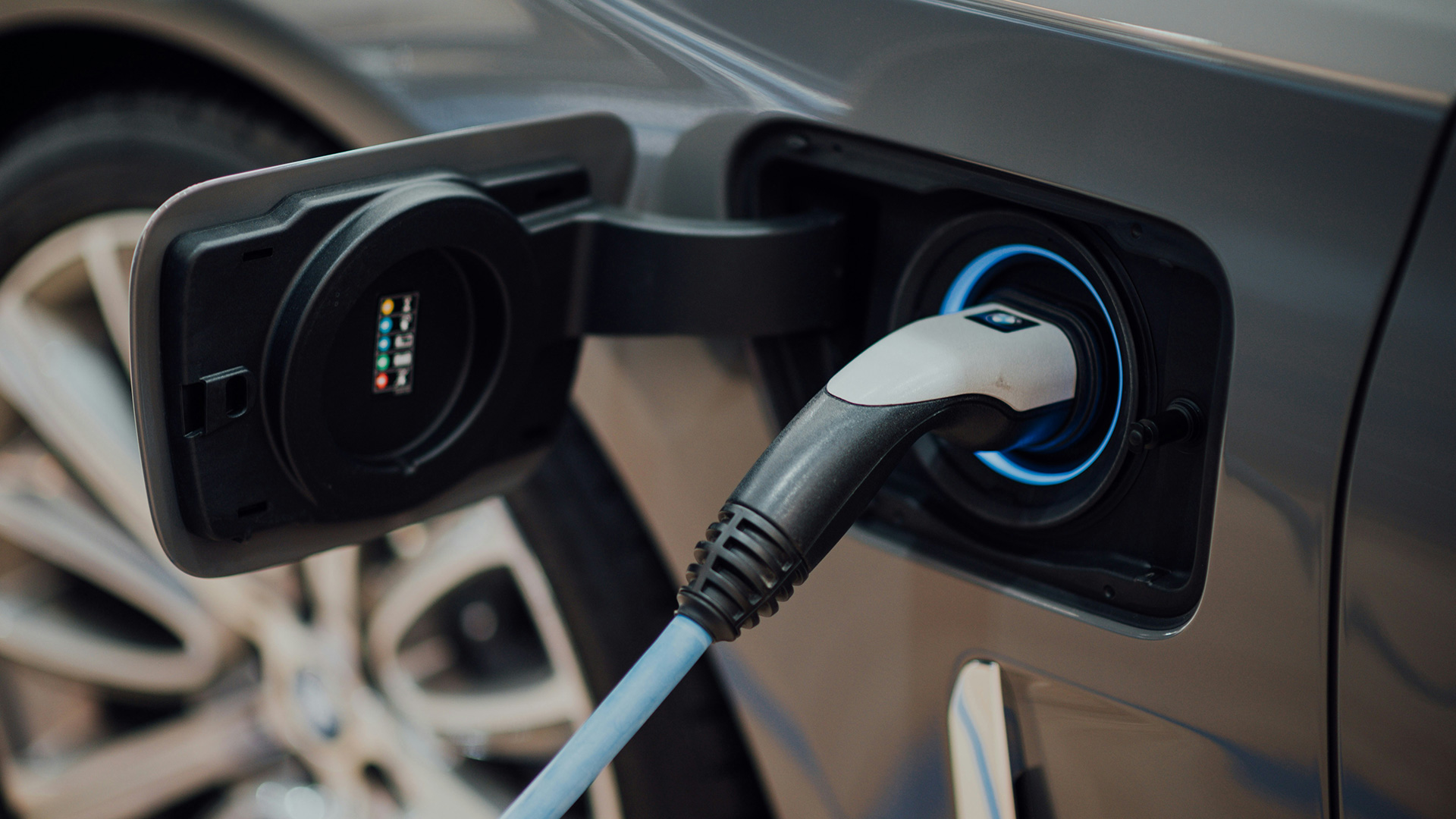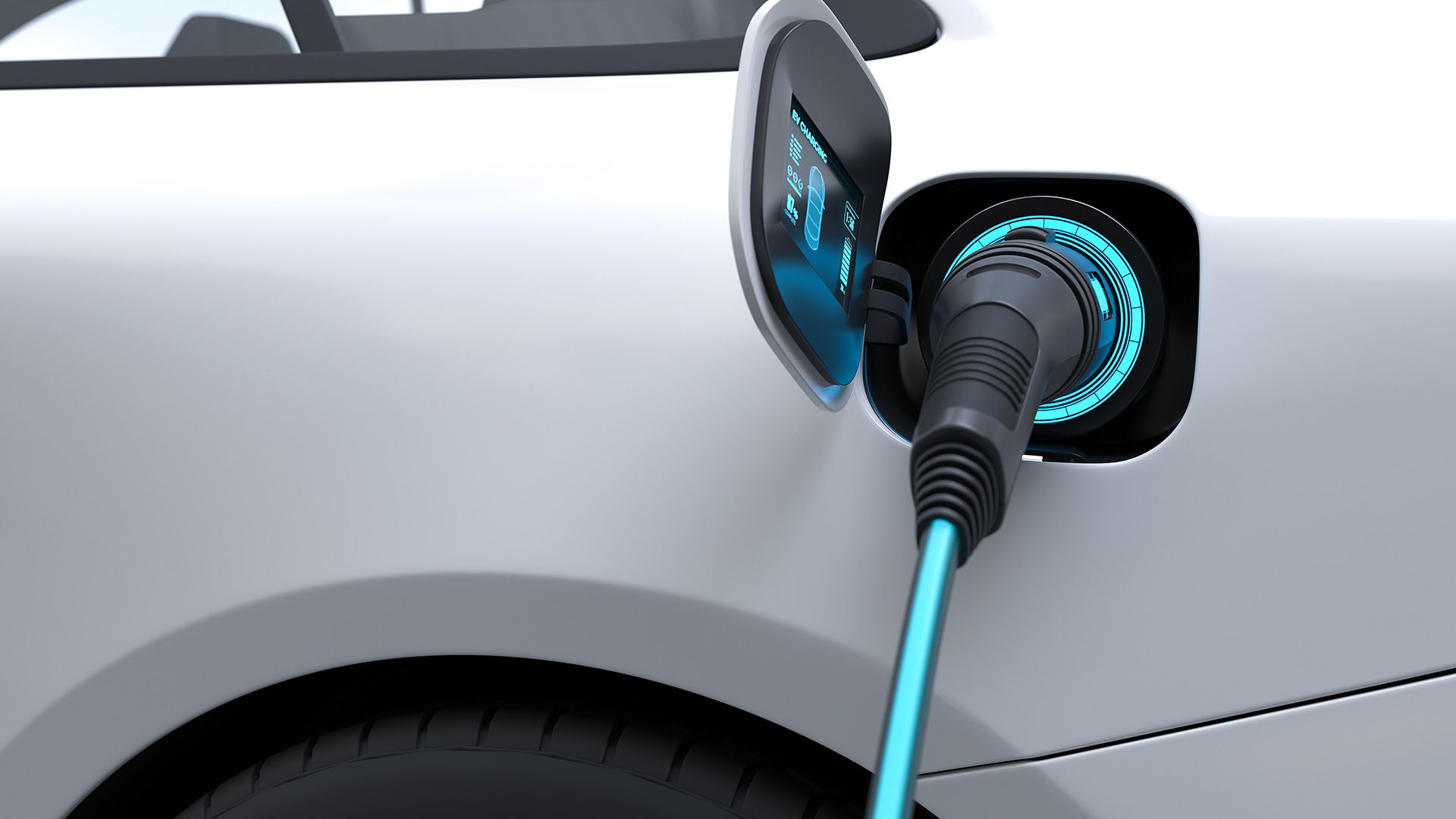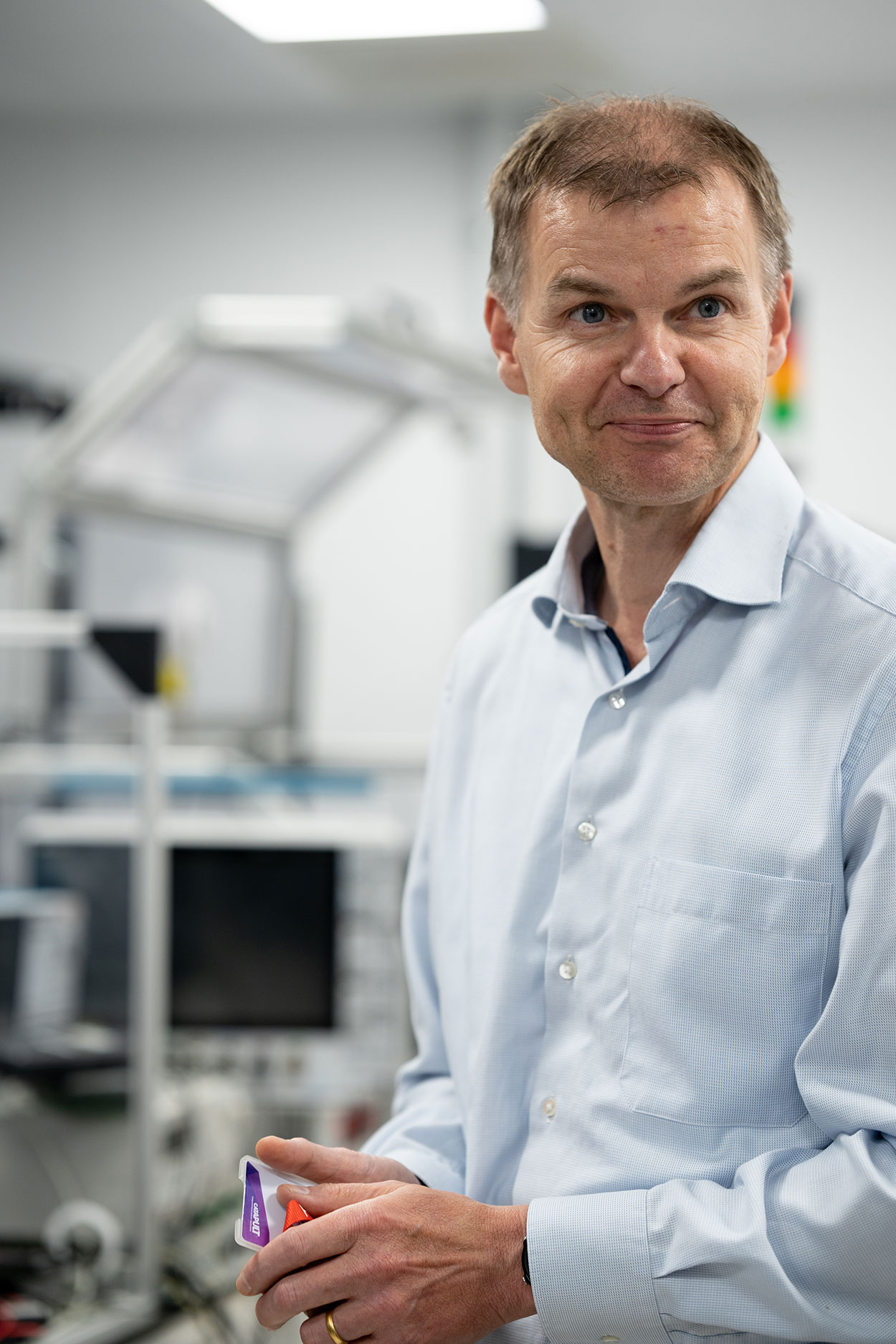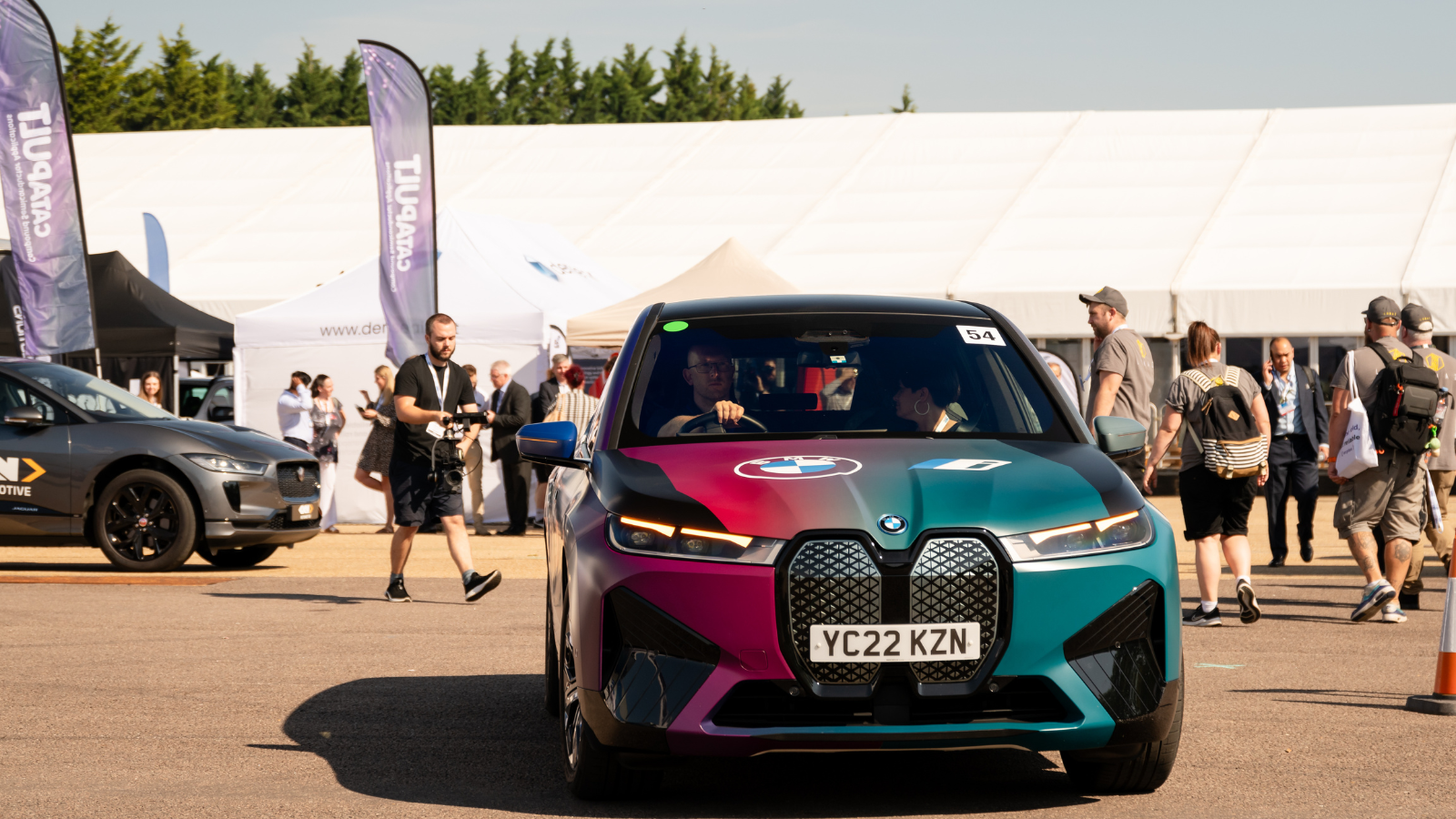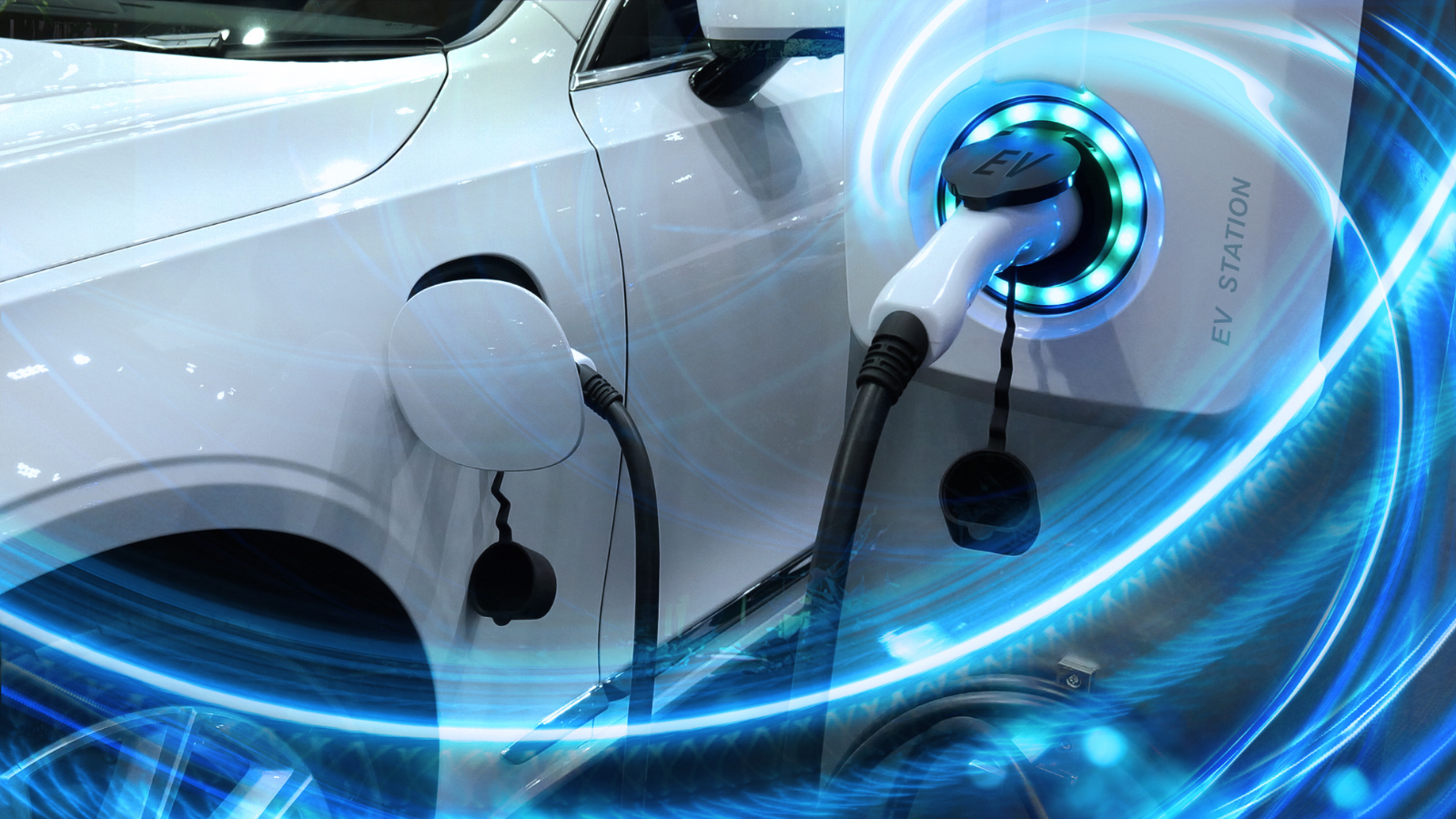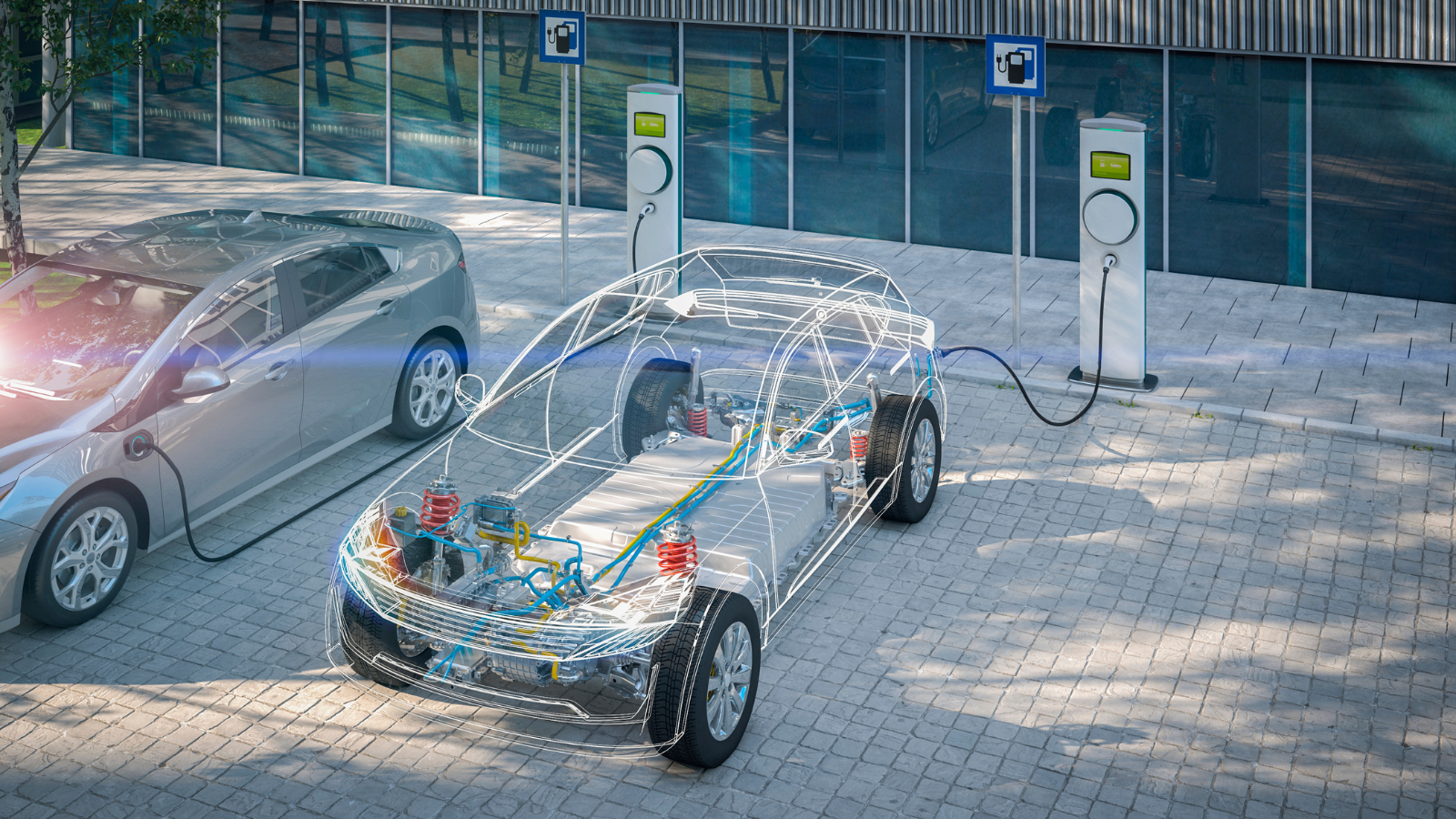What application areas are compound semiconductors having a big impact in terms of driving us towards Net Zero?
One area related to battery electric vehicles is battery chargers. There is a trend to move towards higher power, such as 350kW chargers operating at 800V, that will enable faster and more efficient charging. This requires a lot of power electronics and can be optimised using compound semiconductors.
As we introduce more electric vehicles onto our roads, we will also consume more electricity and so there is a need for more power conversion to supply the energy we need.
For example, we need smart transformers that supply energy from the distribution grid at medium voltage to the households at low voltage. Traditionally these transformers have been very big and heavy. They are very reliable, but not able to control voltage very accurately. Solid-state transformers are an emerging technology that we’ve been actively engaged in, which can perform these tasks much more efficiently and are a fraction of the size and weight of traditional transformers.
What does the UK need to do to capitalise on our expertise and push us towards our Net Zero targets?
It’s positive to see the UK government is aligned with the UK's strength in compound semiconductors, and that provides many opportunities for the sector in the UK. The UK is very strong in academic research in compound semiconductors as well.
We can use this to our advantage and position the UK as leading the world in compound semiconductors, from the design and manufacturing of devices, the packaging and the power converters for many different markets.
All of this will help to grow the UK economy and achieve Net Zero targets.
However, to fully develop the industry at scale, future investment in the overall supply chain will be required.





